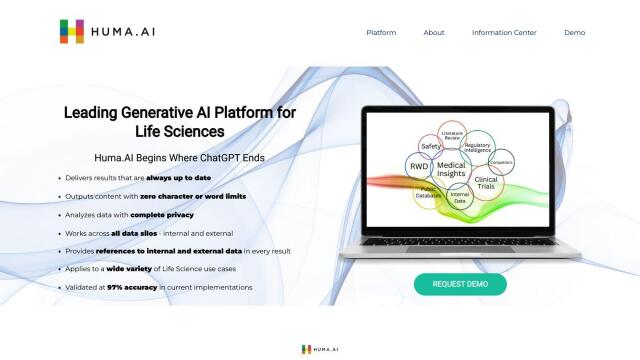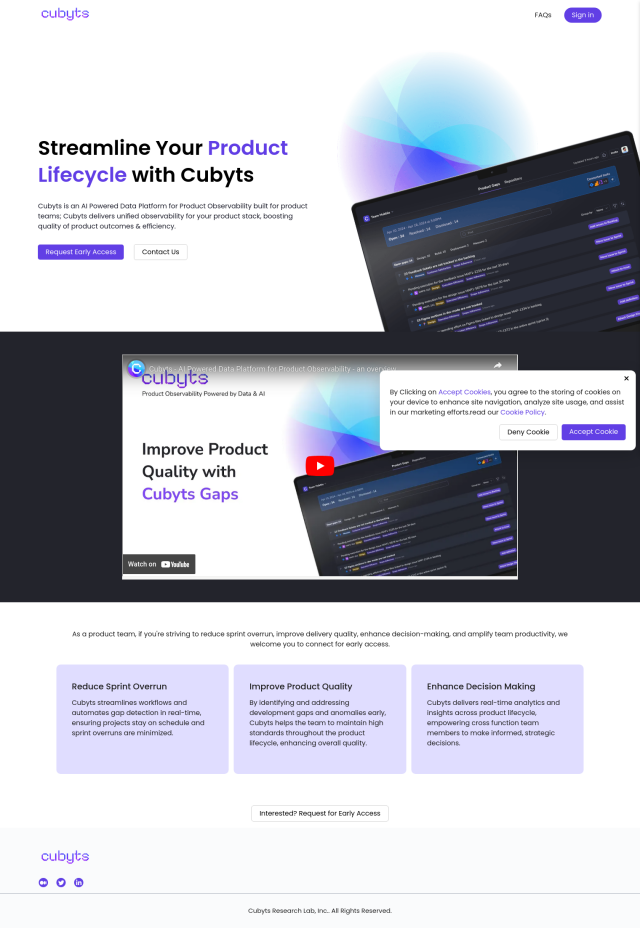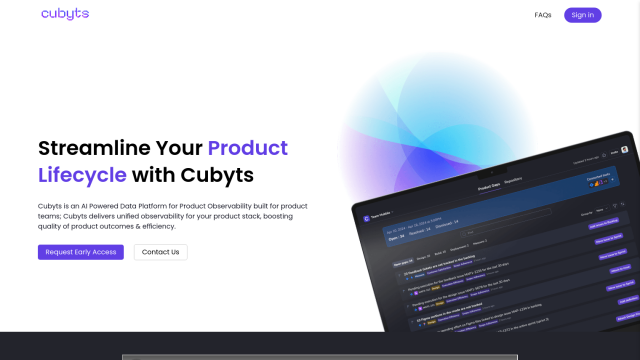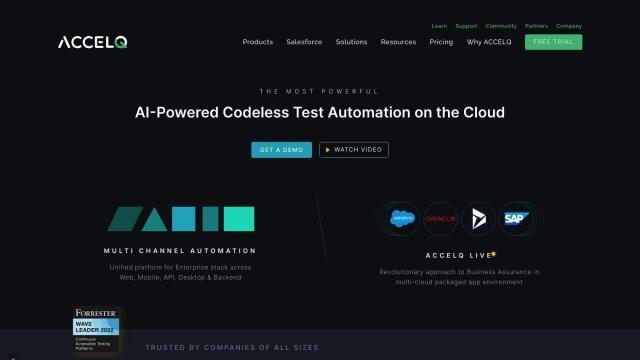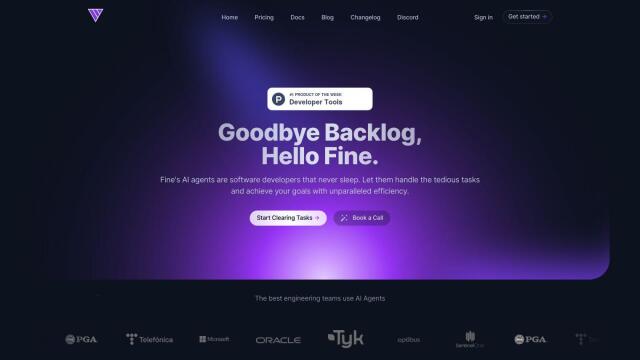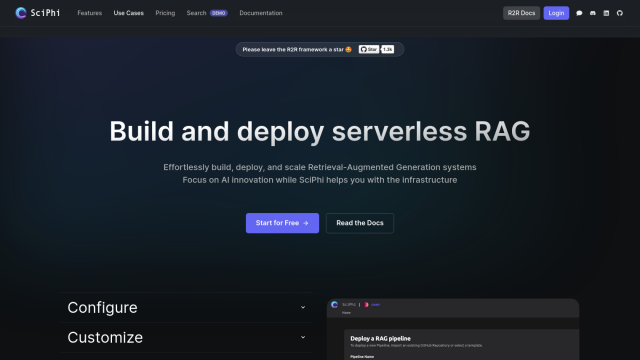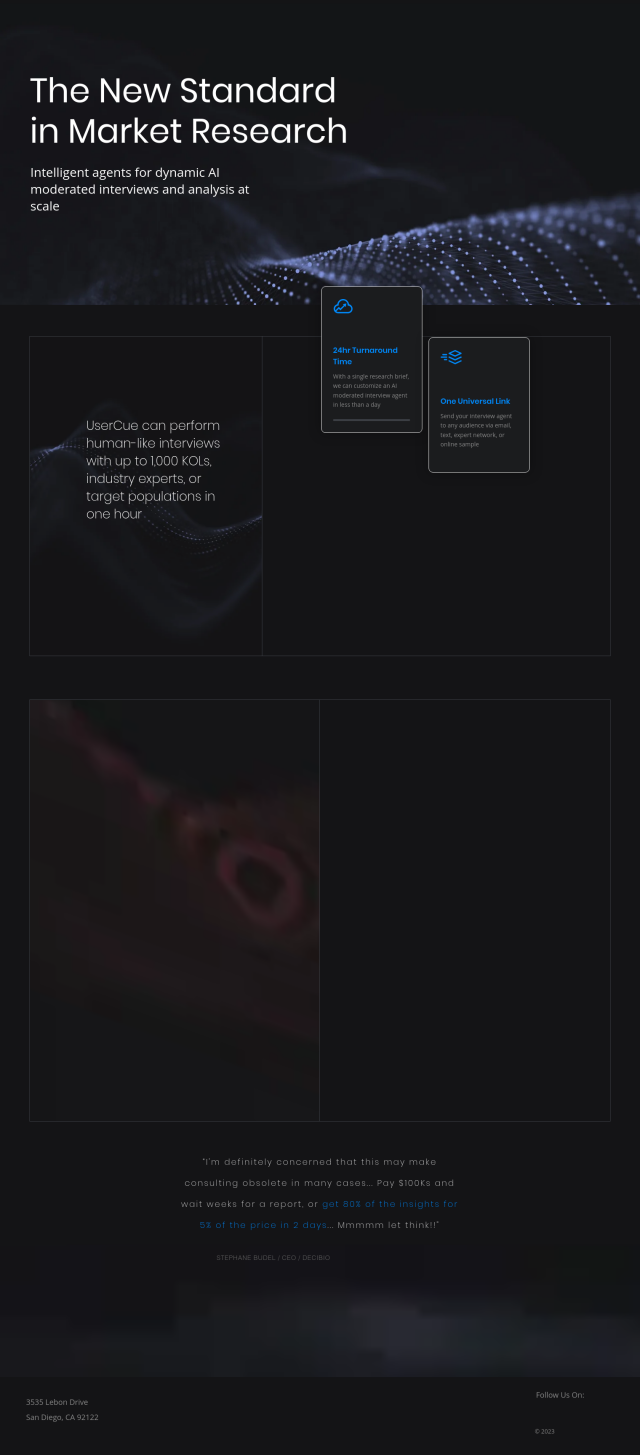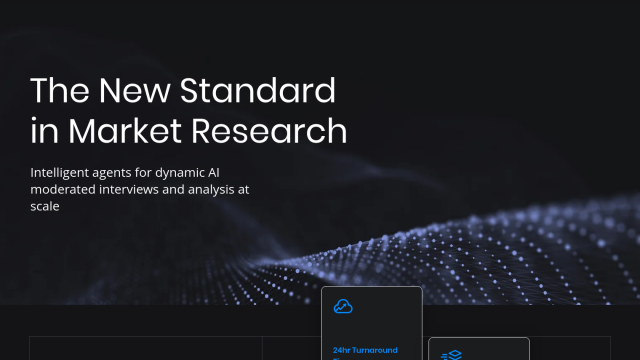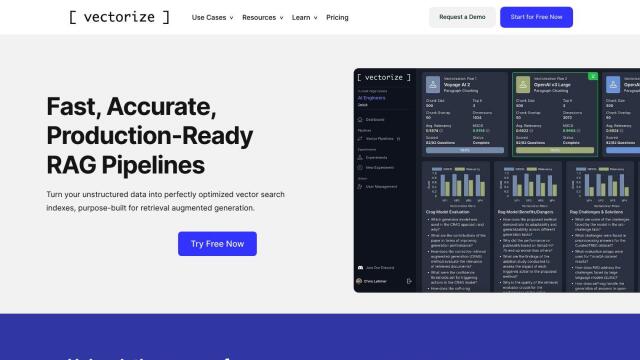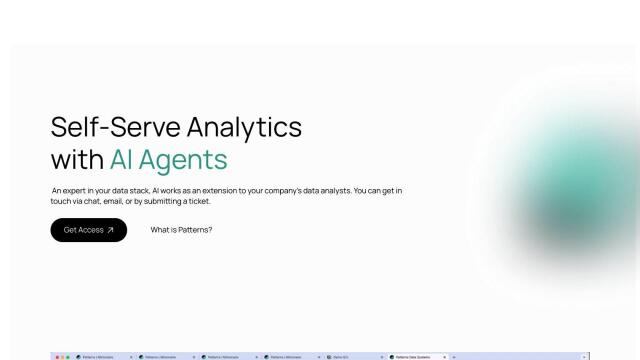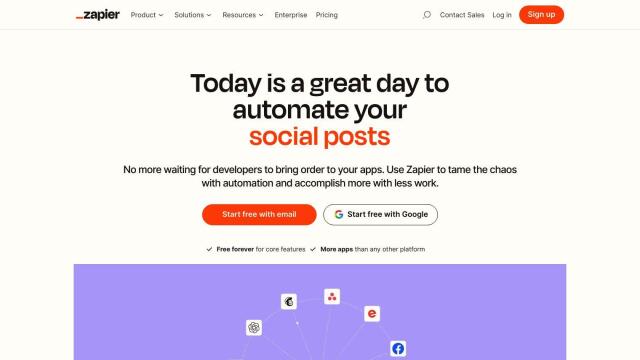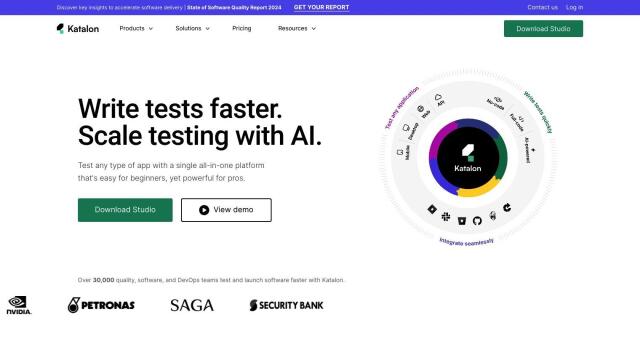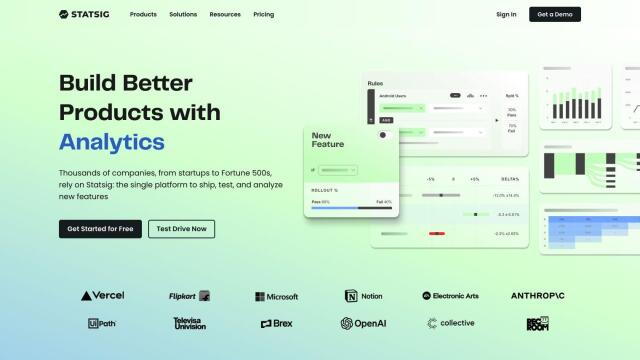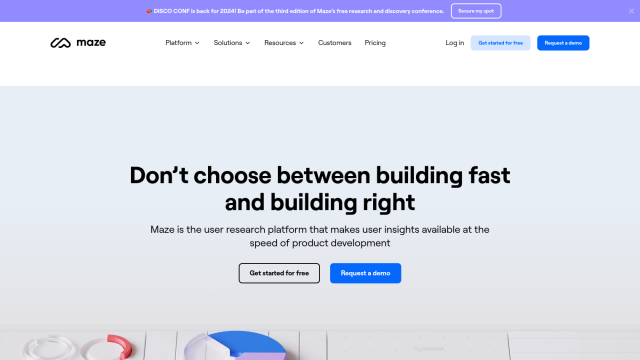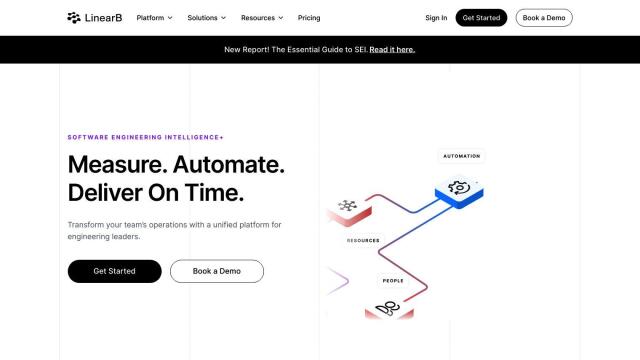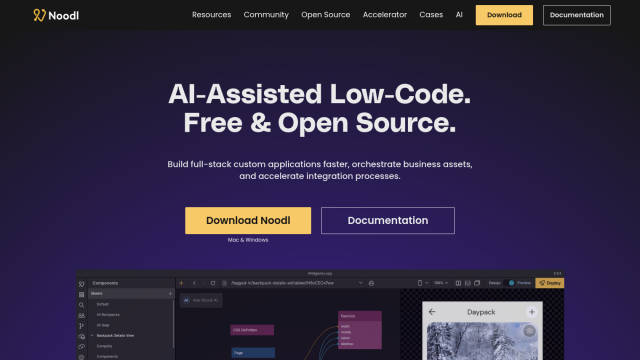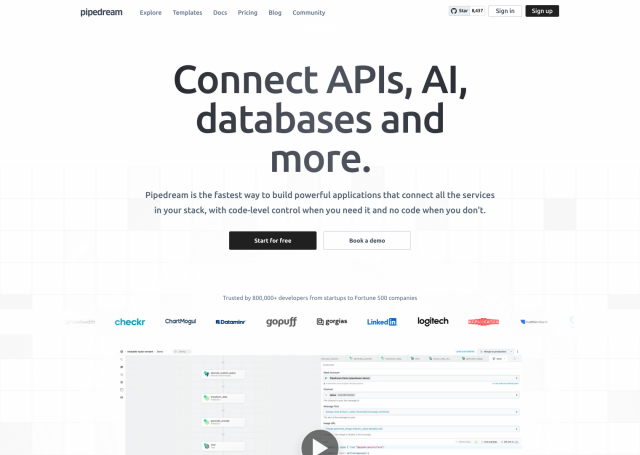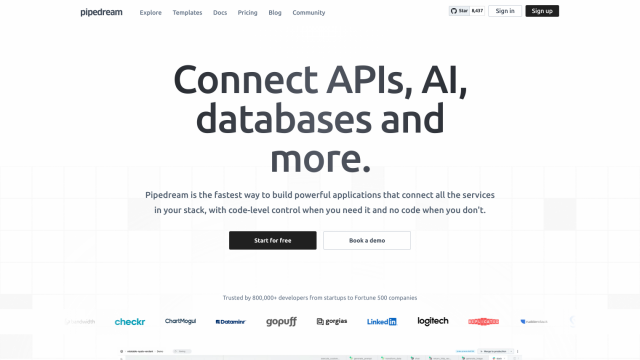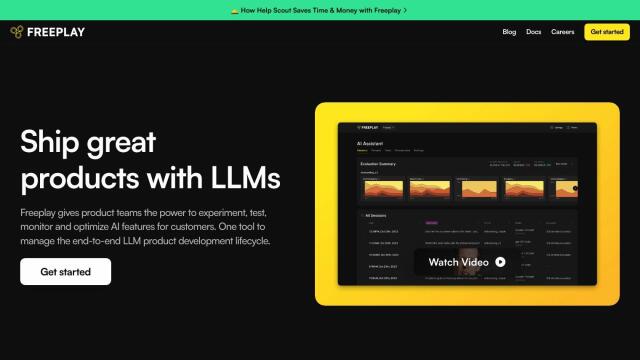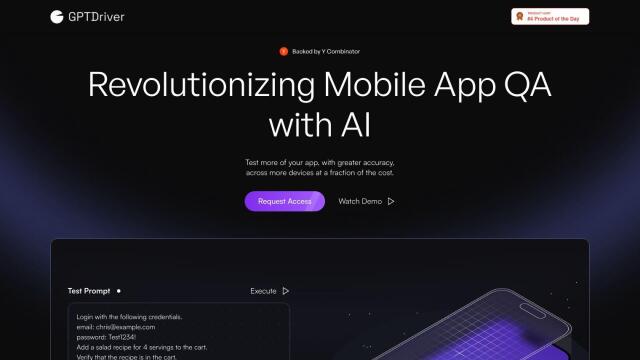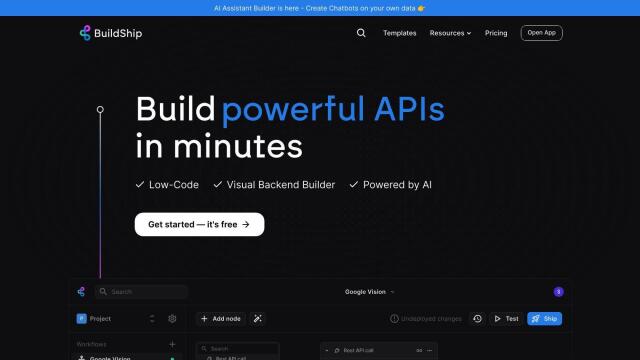Question: How can I speed up my drug development pipeline and avoid costly delays?
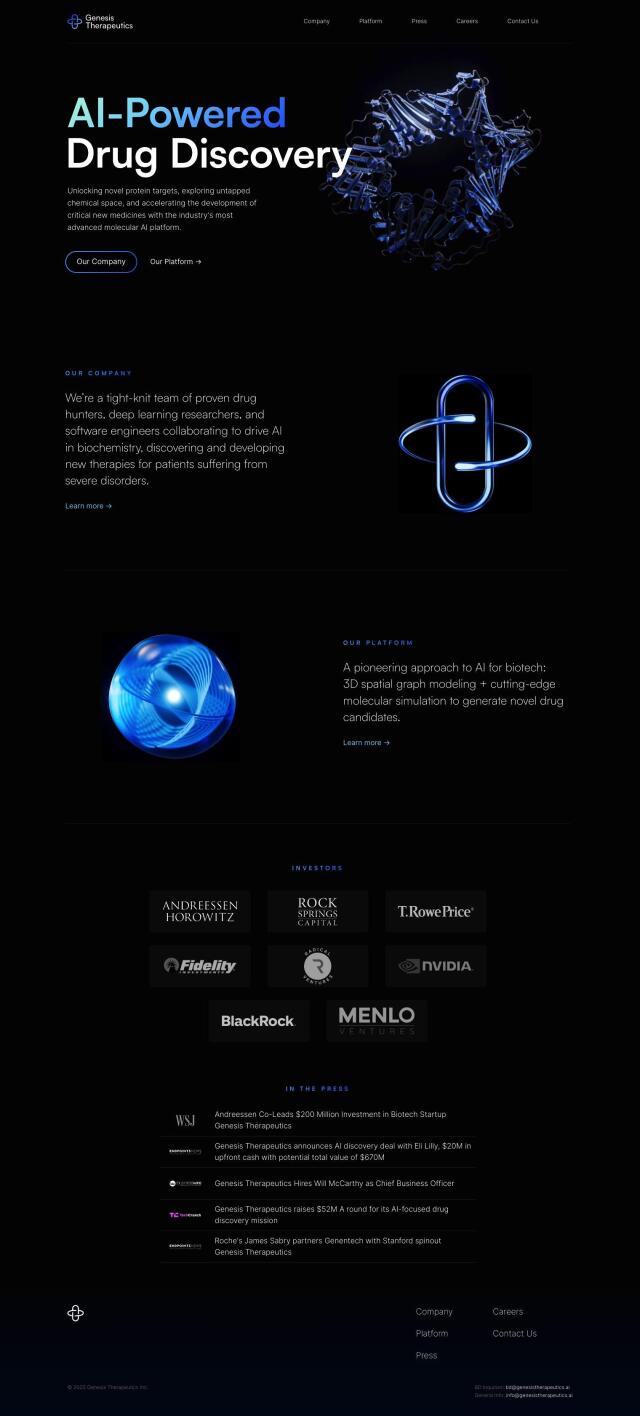
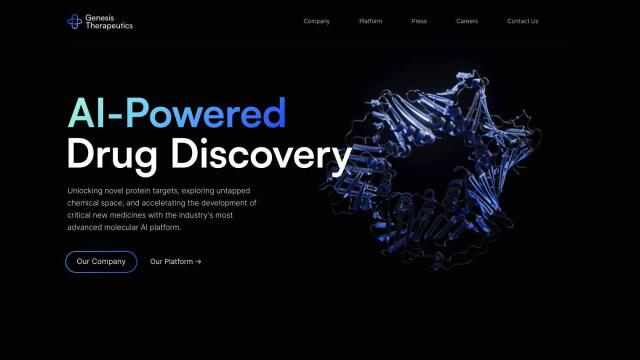
Genesis Therapeutics
If you want to accelerate your drug discovery pipeline and avoid costly setbacks, Genesis Therapeutics' GEMS platform is worth a look. This AI-based system uses deep learning and molecular simulations to predict properties and generate molecules, letting researchers design high-potency and selective small molecule drugs. It includes proprietary technology like Dynamic PotentialNet for predicting ADMET properties and 3D binding dynamics that's shown promise in collaborations with big pharma.
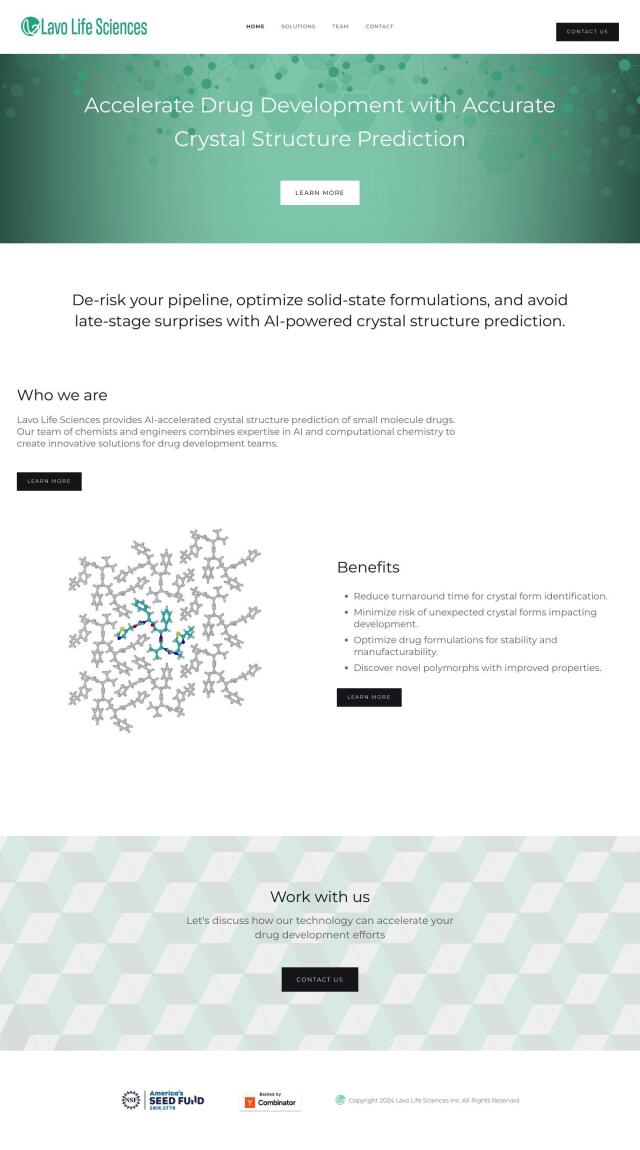
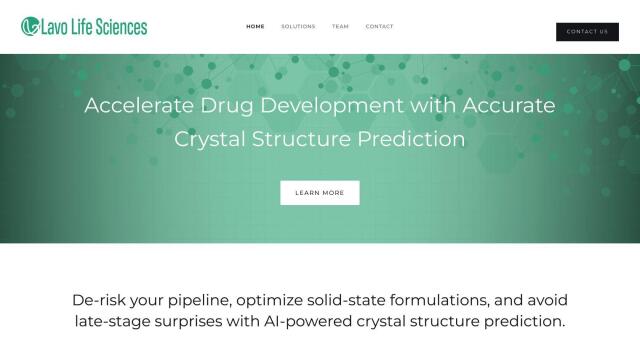
Lavo Life Sciences
Another tool worth a look is Lavo Life Sciences' AI-accelerated crystal structure prediction system. This system optimizes solid-state formulations and lowers the risk of late-stage surprises by predicting crystal structures with high accuracy. It can evaluate millions of possible crystal structures in a matter of days, so it's a good option for improving drug stability and manufacturability.

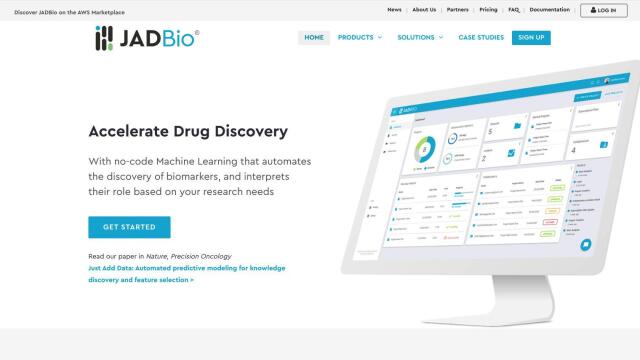
JADBio
For automating biomarker discovery and interpretation, JADBio offers a no-code machine learning platform. It can handle multi-omics data and offers tools like AutoML and feature interpretation, so it's a good option for early biomarker discovery and disease subtype identification. That can dramatically accelerate drug discovery by letting researchers focus on higher-level work.

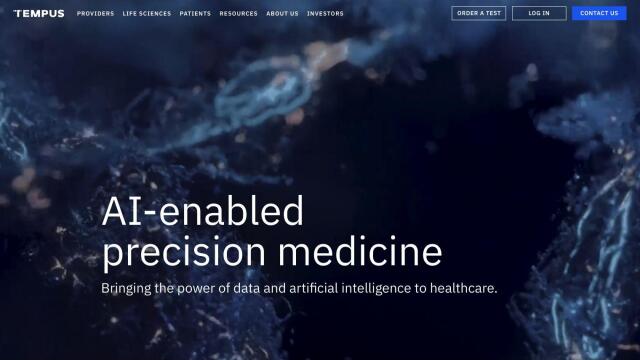
Tempus
Finally, Tempus is an AI-powered precision medicine platform designed to improve cancer treatment. With tools like a clinical assistant, care gap identifier and multimodal real-world data analysis, Tempus helps pharmaceutical companies develop drugs and ensures patients receive personalized therapy. Its ability to predict patient-specific drug responses and integrate with clinical trials means it can help improve treatment decisions and speed up drug development.

